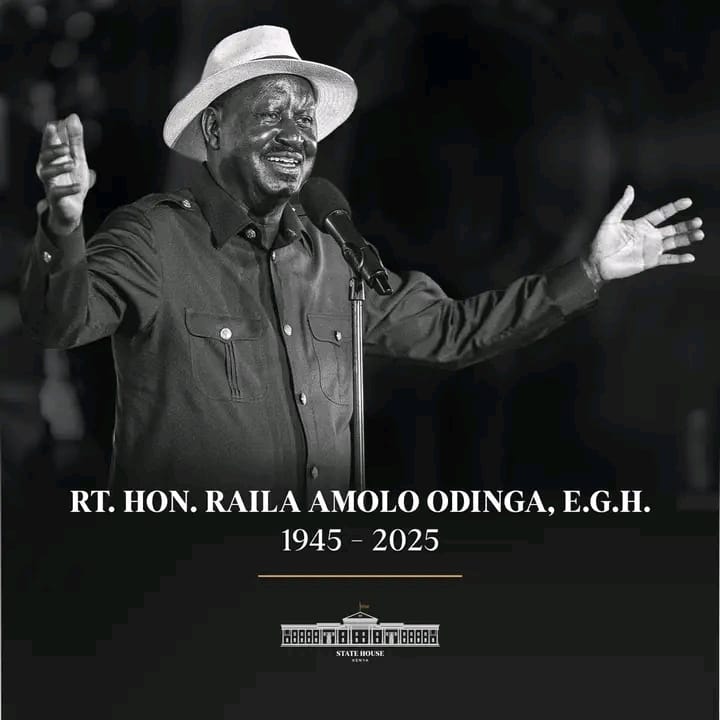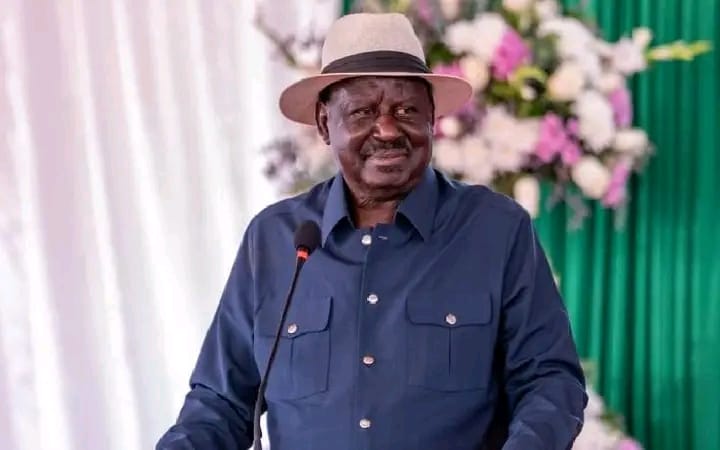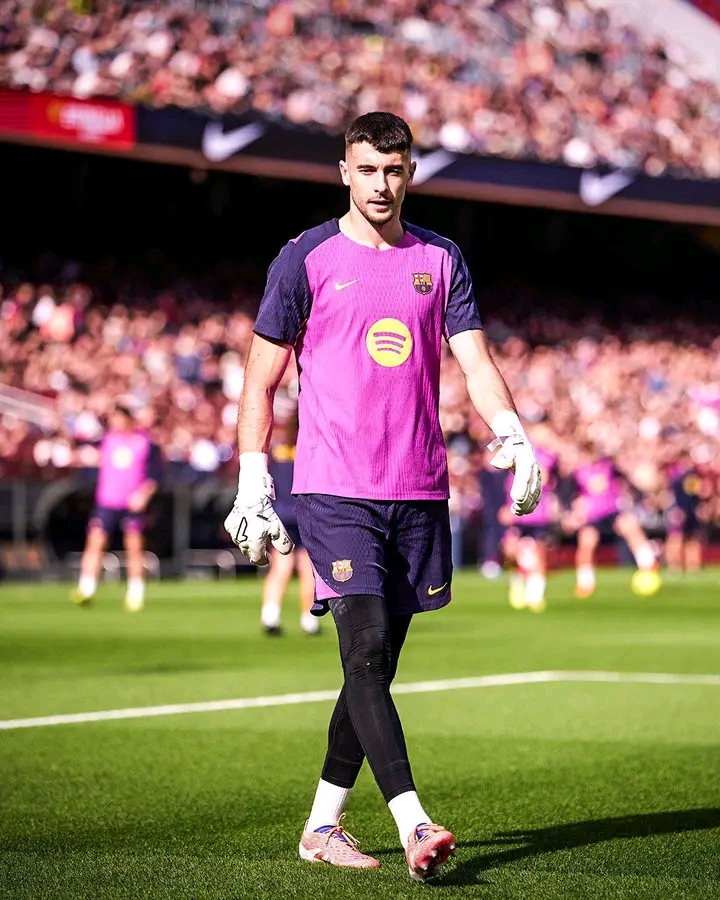
Raila Odinga (1945–2025): Kenya Mourns the Passing of a Political Titan
Kochi, India — Wednesday, October 15, 2025
Former Kenyan Prime Minister and veteran opposition leader Raila Amolo Odinga has died in India at the age of 80. Odinga, fondly known across the nation as “Baba”, passed away on Wednesday morning while receiving treatment at an Ayurvedic facility in Kochi, Kerala. According to medical reports, he suffered a cardiac arrest during a morning walk and was pronounced dead shortly after being rushed to Devamatha Hospital. His death has sent a wave of grief across Kenya and the African continent, marking the end of an era in the country’s political history.
Born on January 7, 1945, in Maseno, Kisumu County, Raila Odinga was the son of Kenya’s first Vice President, Jaramogi Oginga Odinga, and Mary Juma Odinga. Educated in East Germany, where he studied mechanical engineering, Raila returned home to Kenya in the 1970s, taking up teaching and later business before fully venturing into politics. His upbringing in a politically charged family and his early exposure to revolutionary ideals molded his lifelong commitment to democracy and social justice.
Raila’s political career was defined by resilience, courage, and an unwavering fight for democratic reforms. During the oppressive one-party rule under KANU in the 1980s, he became one of Kenya’s most vocal advocates for multiparty democracy. His activism led to multiple detentions without trial, but he never wavered in his push for political pluralism. He was instrumental in the campaign that led to the repeal of Section 2A of the constitution in 1991, restoring multiparty politics in Kenya.
In 1992, Raila successfully entered elective politics, winning the Lang’ata parliamentary seat under the Forum for the Restoration of Democracy (FORD). Over the years, he emerged as a formidable force in Kenyan politics, later founding and leading the National Development Party (NDP) and subsequently the Orange Democratic Movement (ODM), which became one of the country’s most influential political parties.
His defining moment came in 2007, when he ran for president under the ODM ticket. The disputed election results triggered nationwide unrest, leading to one of Kenya’s darkest political periods. Following intense international mediation led by former UN Secretary-General Kofi Annan, a power-sharing deal was brokered, resulting in Raila Odinga becoming Kenya’s Prime Minister from 2008 to 2013 under President Mwai Kibaki. During this period, he was instrumental in pushing for governance reforms and the promulgation of the 2010 Constitution, which entrenched devolution and expanded civil liberties.
Despite his accomplishments, Raila Odinga never attained the presidency, though he contested five times—in 1997, 2007, 2013, 2017, and 2022. Each election was marked by controversy, legal battles, and allegations of electoral malpractice, yet he maintained a central role in shaping Kenya’s democratic space. His 2018 “handshake” with then-President Uhuru Kenyatta became a defining gesture of reconciliation, calming political tensions and symbolizing his commitment to national unity above personal ambition.
Beyond Kenyan borders, Raila’s influence extended to continental politics. He championed Pan-Africanism and peace initiatives, serving as an envoy for the African Union in regional matters, including the South Sudan peace process. In early 2025, he sought the chairmanship of the African Union Commission, reflecting his enduring vision for Africa’s unity and progress.
As news of his passing broke, tributes poured in from across Kenya and beyond. President William Ruto led the nation in mourning, describing Odinga as “a statesman whose courage and vision helped shape Kenya’s democratic foundation.” Former President Uhuru Kenyatta hailed him as “a true patriot and a selfless reformer,” while international leaders lauded his steadfast advocacy for human rights, governance, and equality.
Raila Odinga leaves behind his wife, Ida Odinga, four children, and a legacy that will be remembered for generations. He was not merely a politician but a symbol of endurance — a man who dedicated his life to the struggle for freedom, justice, and democracy. His story mirrors Kenya’s journey — marked by trials, transformation, and triumph.

Condolence Message:
With profound sorrow, we mourn the passing of Raila Amolo Odinga — a fearless reformer, visionary leader, and tireless advocate for democracy. His life was a testament to courage, conviction, and compassion. To his family, friends, and the people of Kenya, we extend our deepest sympathies. May his indomitable spirit continue to inspire future generations to uphold justice, unity, and equality. Rest in Peace, we loved you but God loved you most, forever in our hearts Baba.

